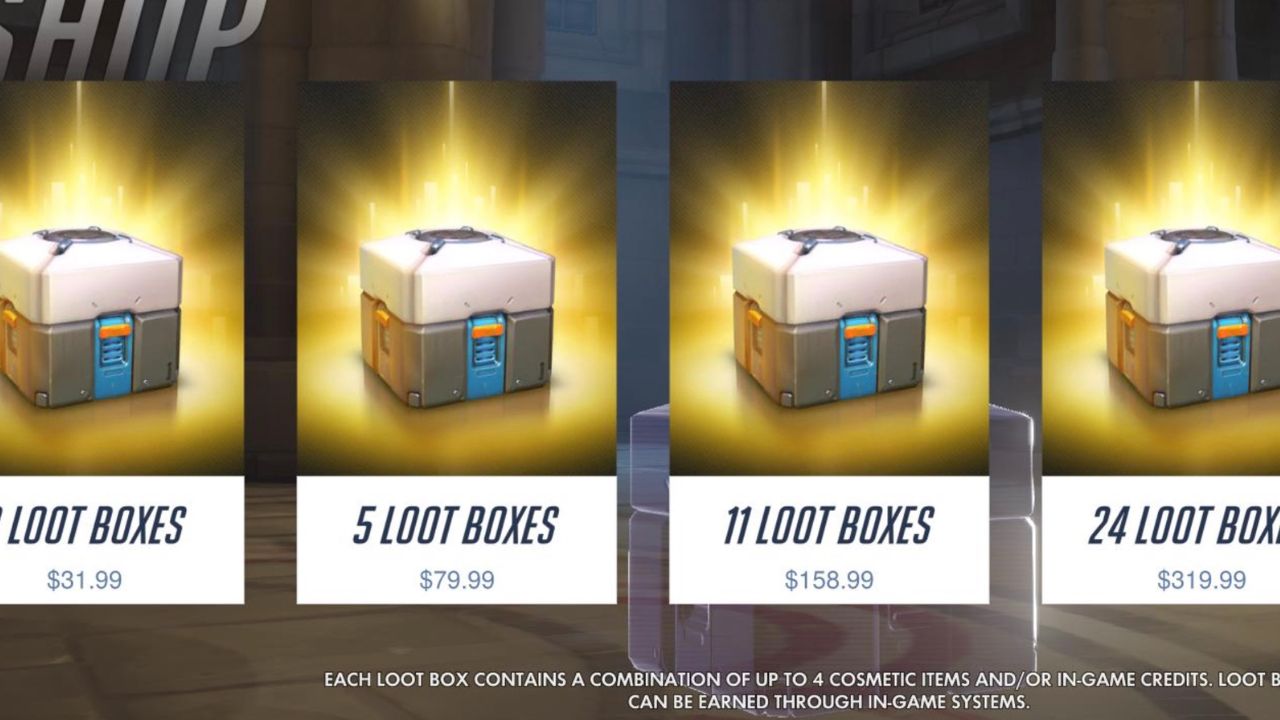Loot boxes have become a normal part of many video games, but most players don’t realize how these digital mystery packages actually work. Players spend real money to buy virtual boxes that contain random items, from character costumes to powerful weapons. Most loot boxes remain legal around the world because current gambling laws don’t cover these digital purchases, even though they use the same chance-based mechanics as casino games.
The gaming industry makes billions of dollars from loot box sales each year. Companies argue these purchases are just harmless fun, like buying trading cards or toys from vending machines. But growing research shows loot boxes can cause serious problems for players, especially children and teenagers who may not understand the risks.
Countries like Belgium and the Netherlands have started treating some loot boxes as gambling, but most places still allow them without any rules. This leaves millions of players exposed to potentially harmful spending habits while game companies profit from what critics call predatory business practices. The debate over whether loot boxes should be banned everywhere continues to grow as more people speak out about their negative experiences.
How Loot Boxes Operate in Modern Video Games
Loot boxes work as digital containers that give players random rewards when opened. They use special money tricks and mind games to keep players spending more cash while creating excitement through surprise rewards.
What Rewards Do Players Get from Loot Boxes?
Loot boxes use two main ways to make money from players. The first way lets players buy boxes with real money. The second way gives free boxes but makes the best items very rare.
Most games sell loot boxes for $1 to $5 each. Players never know what they will get inside. Some boxes might have common items worth almost nothing. Others might have rare skins or weapons worth hundreds of dollars.
Free-to-play games rely heavily on loot box sales. Games like Fortnite and Apex Legends give away the base game for free. They make money when players buy cosmetic items from random boxes.
The randomized reward system works like a slot machine. Players might open ten boxes and get junk items. Then they might get something amazing in the next box. This random pattern keeps players buying more boxes.
How Do Loot Boxes Trick the Human Brain?
Loot boxes use the same brain tricks as casino gambling. When players open a box, their brain releases chemicals that make them feel good. This creates a cycle where players want to open more boxes.
The variable reward schedule is the most powerful trick. Players never know when they will get something good. This uncertainty makes the brain crave more rewards. It works the same way as pulling a slot machine lever.
Game makers also use near misses to hook players. When a player almost gets a rare item, their brain thinks they were close to winning. This makes them want to try again right away.
FOMO (fear of missing out) drives many purchases. Games often sell special loot boxes for limited times only. Players worry they will miss rare items if they don’t buy boxes immediately.
Which Popular Games Use Loot Boxes?
Many top games include loot box systems. FIFA Ultimate Team sells player packs that cost real money. Players spend hundreds of dollars trying to get star players for their teams.
Counter-Strike: Global Offensive popularized weapon skin boxes. Players buy keys to open cases containing rare knife skins. Some knife skins sell for over $1,000 on third-party sites.
Overwatch sold cosmetic loot boxes until 2022. Players could buy boxes containing character skins, voice lines, and victory poses. The game removed paid loot boxes after facing heavy criticism.
Mobile games use loot boxes even more aggressively. Raid: Shadow Legends sells champion packs with tiny chances of getting legendary heroes. Players often spend thousands trying to collect all characters.
Genshin Impact uses a gacha system where players “wish” for new characters. The game guarantees a rare character only after 90 failed attempts. This system has made billions in revenue.
The Argument for Banning Loot Boxes Worldwide
Critics argue that loot boxes create gambling-like experiences that harm young players and vulnerable individuals. Countries like Belgium have already banned certain types of loot boxes due to ethical concerns about their random reward systems.
Why Do Loot Boxes Harm Kids and At-Risk Players?
Children cannot understand the real costs of loot box purchases. They see colorful animations and exciting rewards without grasping how much money they might spend.
Many kids use their parents’ credit cards without permission. Some families have faced thousands of dollars in unexpected charges from loot box purchases.
Vulnerable players include people with gambling problems or addiction issues. The random nature of loot boxes can trigger the same brain responses as casino games.
Players often buy multiple loot boxes hoping to get rare items. This behavior mirrors problem gambling patterns that experts recognize as harmful.
Young brains are still developing self-control. The instant gratification from loot boxes can create unhealthy spending habits that last into adulthood.
Game companies target kids with bright colors, fun sounds, and peer pressure tactics. Popular streamers opening loot boxes on video make the practice seem normal and exciting.
Are Loot Boxes Legal Gambling or Just Gaming?
Belgium declared loot boxes illegal gambling in 2018. The country found that games like FIFA 18 and Overwatch used gambling mechanics disguised as entertainment.
The core problem is the lack of player control over what they receive. Players pay real money but get random results, just like slot machines.
Courts in Belgium ruled that the risk and reward system in loot boxes matches traditional gambling definitions. Players spend money on uncertain outcomes with hopes of valuable prizes.
Other countries debate whether existing gambling laws apply to video games. Most regions still allow loot boxes because lawmakers have not updated old rules for new technology.
Some games removed loot boxes entirely rather than face legal challenges. Others changed their systems to avoid gambling classifications.
US senators have proposed bans on loot boxes, calling them predatory practices that exploit children and vulnerable players.
How Are Countries Fighting Back Against Loot Boxes?
The Netherlands banned certain loot boxes before Belgium took action. Dutch authorities focused on boxes that could be traded for real money.
Belgium went further with stricter rules that cover most types of loot boxes. Game companies must remove these features or face heavy fines.
The European Union is studying loot box regulation across member countries. Different nations currently have different rules, creating confusion for players and developers.
China requires companies to publish the odds of getting specific items from loot boxes. This transparency helps players understand their chances before spending money.
Several US states have introduced bills to regulate or ban loot boxes. Most focus on protecting minors from gambling-like mechanics in video games.
Game companies have started changing their practices. Some now show exact probabilities, while others have switched to direct purchase systems instead of random boxes.



